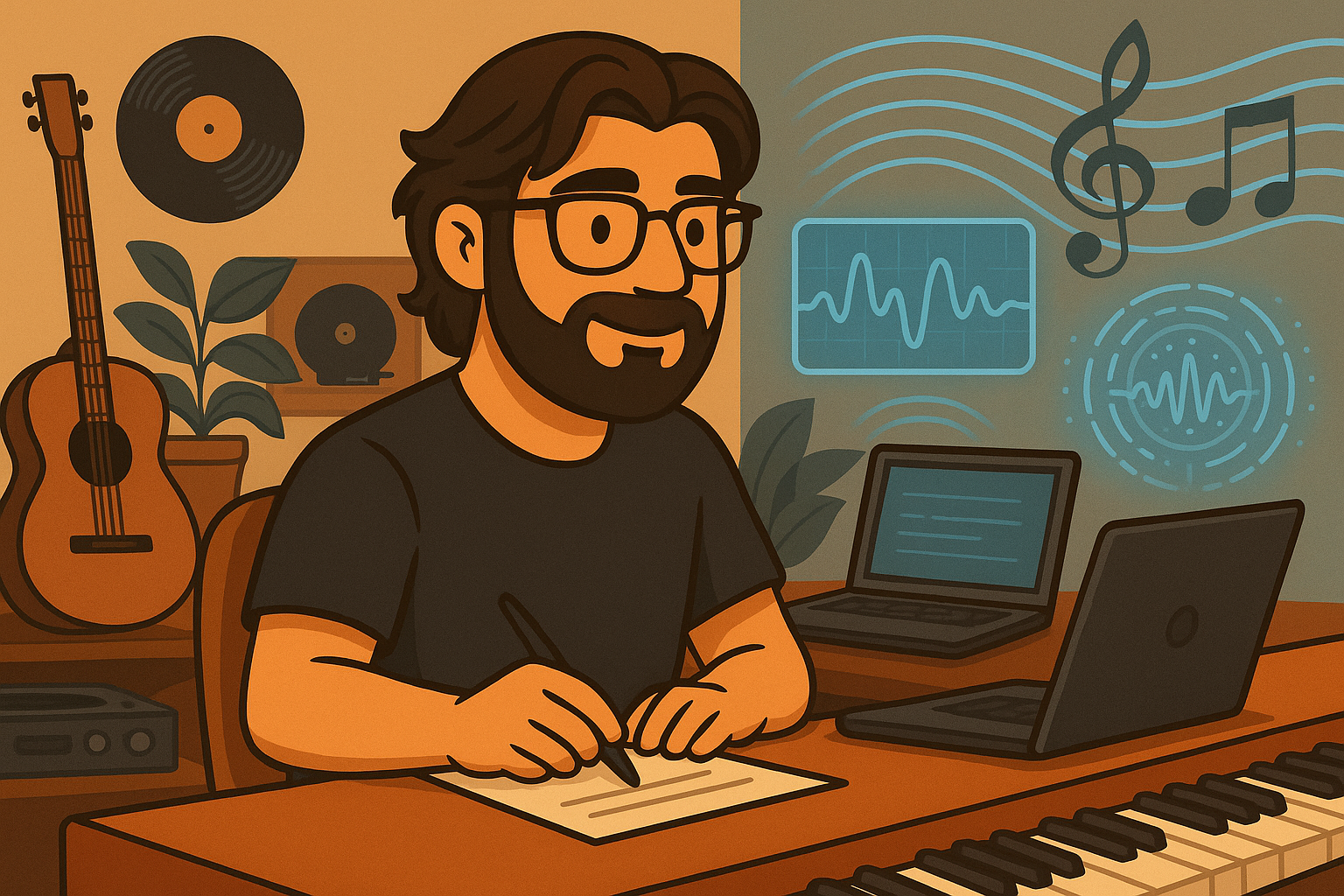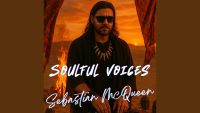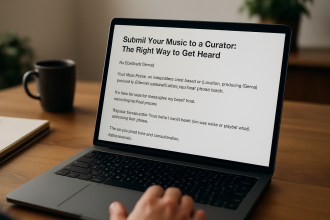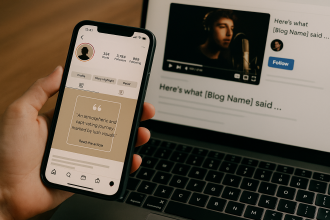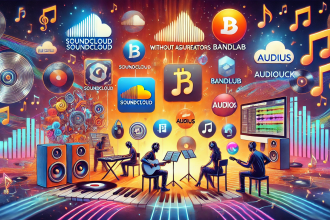Is the Artist’s Role at Risk or More Essential Than Ever?
1. The Changing Landscape of Music
Music has always evolved with technology—from vinyl to streaming, from analog synthesizers to digital plugins. Today, we are at another turning point: AI-generated music, algorithm-driven playlists, and social media virality have reshaped the way we consume and create. Some argue that the current musical world is “dying,” drowned in disposable tracks and copy-paste formulas. But is it truly the end, or just another rebirth?
2. The Role of the Artist in 2025
Despite the flood of automation, the artist remains the heartbeat of music. What defines an artist is not just sound, but identity, vision, and emotional connection. A real artist:
- Creates meaning: Beyond melodies, they tell stories and shape culture.
- Builds identity: Their voice, style, and authenticity can’t be cloned.
- Inspires communities: Fans don’t just listen; they follow, share, and live through the artist’s journey.
The world doesn’t need more songs—it needs voices that matter.
3. The Composer: Architect of Emotion
Composers have always been the architects of music, from Mozart’s symphonies to Hans Zimmer’s soundtracks. In today’s world, their role is evolving:
- Blending genres: Composers are mixing classical, electronic, and world sounds to create unique hybrids.
- Scoring the digital age: With gaming, film, and streaming content booming, the need for original compositions is stronger than ever.
- Resisting uniformity: Against algorithmic sameness, composers inject originality that machines struggle to replicate.
4. The Singer: Voice of Humanity
In a time when artificial voices can sing with near-perfection, the human singer becomes even more valuable. Why? Because imperfection is beauty.
- Authenticity in emotion: A crack in the voice or a whispered breath carries human truth.
- Connection: Fans crave vulnerability, not mechanical perfection.
- Cultural presence: Singers embody language, identity, and belonging in ways an AI never will.
5. Is the Musical World Dead?
No. It is transforming. The industry is undeniably saturated, and streaming platforms reward quantity over quality. Yet, history shows that every crisis births innovation. The vinyl “died” with CDs. CDs “died” with MP3s. MP3s “died” with streaming. Each time, music didn’t die—it reinvented itself.
The same applies now. AI may generate endless tracks, but art that resonates, inspires, and lasts will always come from human creativity.
6. The Future of Music: What Comes Next?
- Hybrid creativity: Artists will use AI as a tool, not a replacement.
- Community-driven success: Fans, not labels, will decide who rises.
- Authenticity as currency: In a world of fakes, truth will stand out louder than ever.
- New performance landscapes: Virtual concerts, immersive audio, and cross-platform experiences will expand how we live music.
Final Word
The current music world is not dead—it is in metamorphosis. The role of the artist, composer, and singer is more crucial than ever. Technology may change the tools, but the essence of music—human emotion and connection—remains timeless.
👉 The future belongs not to those who imitate, but to those who create, inspire, and stay true to their artistic voice.
![]()

